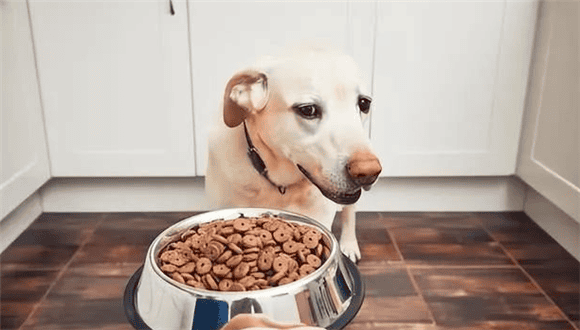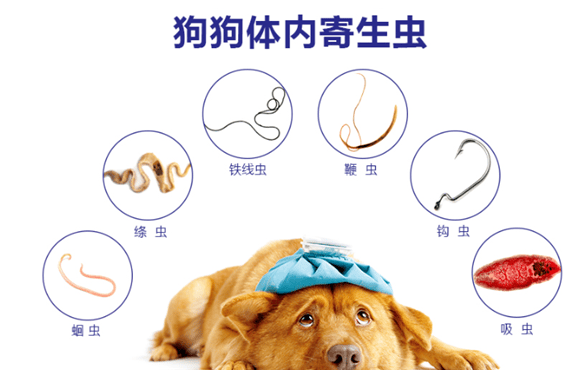Parasite infection is one of the common problems in dog health. They will not only cause physical discomfort to the dog, but may also affect the dog's overall health, and even be life-threatening in severe cases. As responsible pet owners, understanding the common symptoms of these parasitic infections and how to effectively prevent and treat them is crucial to keeping our dogs healthy. Below, I’ll share five common symptoms of parasite infection in dogs, as well as some effective prevention and treatment strategies.

Common Symptoms
Indigestion, diarrhea, or constipation: This is one of the most common symptoms of a parasitic infection. If you find that your dog has a sudden loss of appetite or has digestive system problems such as diarrhea or constipation, this may be a sign of parasitic infection. Especially when the diarrhea is bloody or the dog is obviously painful and restless, the possibility of parasitic infection should be considered immediately.
Weight loss: Although the dog’s appetite remains normal or even increases, the weight continues to decrease. This may be caused by internal parasites absorbing the nutrients the dog needs. Especially if your dog seems to be eating well but is still thin, you should be wary of parasitic infections.
Dry hair and skin problems: Parasitic infection will affect the dog's nutrient absorption, causing the hair to become dry and dull, and various skin problems may also occur, such as erythema, rash or hair loss. If you notice that the condition of your dog's coat suddenly deteriorates, you may want to consider whether parasites are to blame.
Anal Sliding: If you observe your dog frequently dragging its anus on the ground, this may be due to itching caused by parasites around the anus. This behavior is often a way for dogs to try to relieve discomfort.
Vomiting: Parasites, especially those in the gastrointestinal tract, may cause vomiting in dogs. If there are parasites in the vomitus, it is more certain that it is a parasitic infection.

Prevention and Treatment Strategies
Regular deworming: Regular deworming of dogs is one of the most effective ways to prevent parasitic infections. Regular internal and external deworming according to the recommendations of your veterinarian can greatly reduce the risk of your dog being infected with parasites.
Maintain environmental hygiene: Keeping the dog’s living environment clean and sanitary, and cleaning up the dog’s excrement regularly can reduce the spread of parasite eggs. At the same time, avoid letting your dog come into contact with potentially contaminated water sources and food.
Healthy diet: Providing a balanced diet and ensuring that dogs receive adequate nutrients can enhance their immunity and help them resist parasitic infections.
See a doctor promptly: Once your dog is found to have the above symptoms, you should take them to the veterinarian immediately for professional diagnosis and treatment. Timely treatment can effectively control parasitic infections and reduce the impact on the dog's health.
Immunizations: Although vaccines cannot directly prevent parasitic infections, keeping your dog on an vaccination schedule can help them maintain good overall health and indirectly reduce the risk of infection.
The above are some symptoms and strategies, I hope they are useful to you!

 扫一扫微信交流
扫一扫微信交流
发布评论